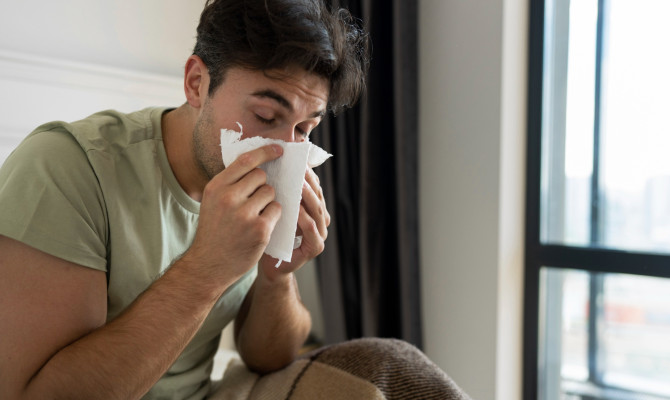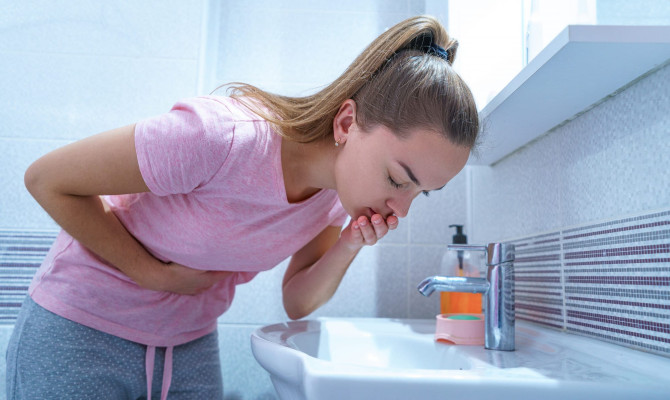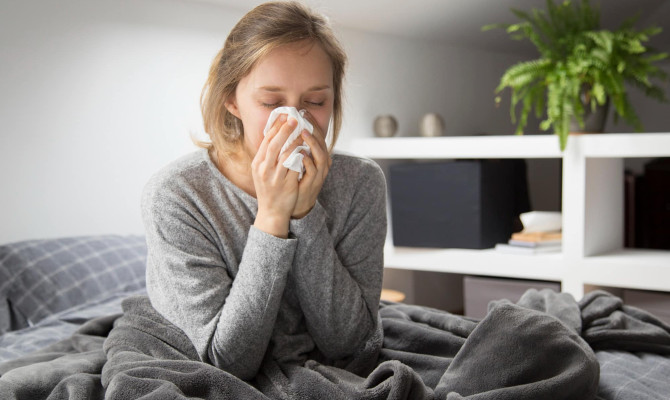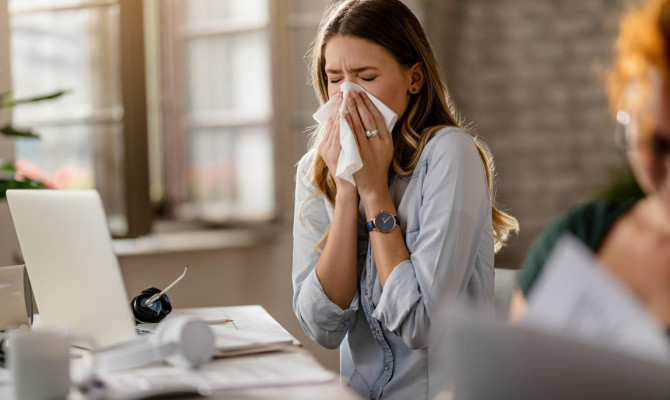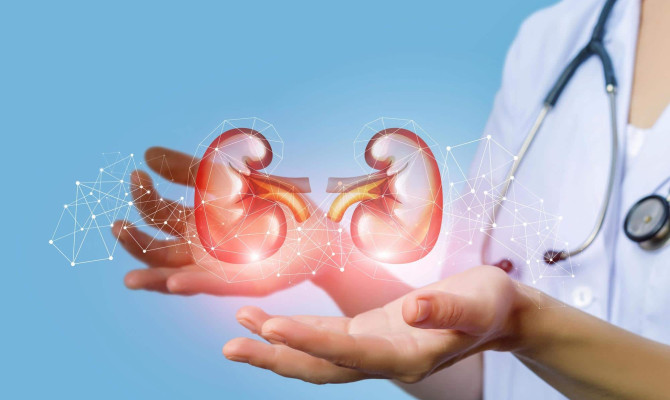Can Tea Cure Constipation? Best Tea for Constipation Relief

- Constipation
- 02 Oct 2023
Overview
Tea
Tea is one of the most well-liked drinks worldwide; some people prefer herbal teas for their calming and comforting effects. Several teas ease constipation. Constipation is when a person feels bloated (stomach gas) and has difficulty passing stools. A constipated individual usually has less than three bowel movements in seven days. People nowadays look for natural solutions for relieving constipation rather than medicines. Most people are curious about the best teas that naturally treat complicated bowel movements. The article will give a glimpse of the best teas for constipation and bloating and also try to answer some popular queries that people would like to know about Tea and constipation 1 Overview | Researched based study from National Institutes of Health .
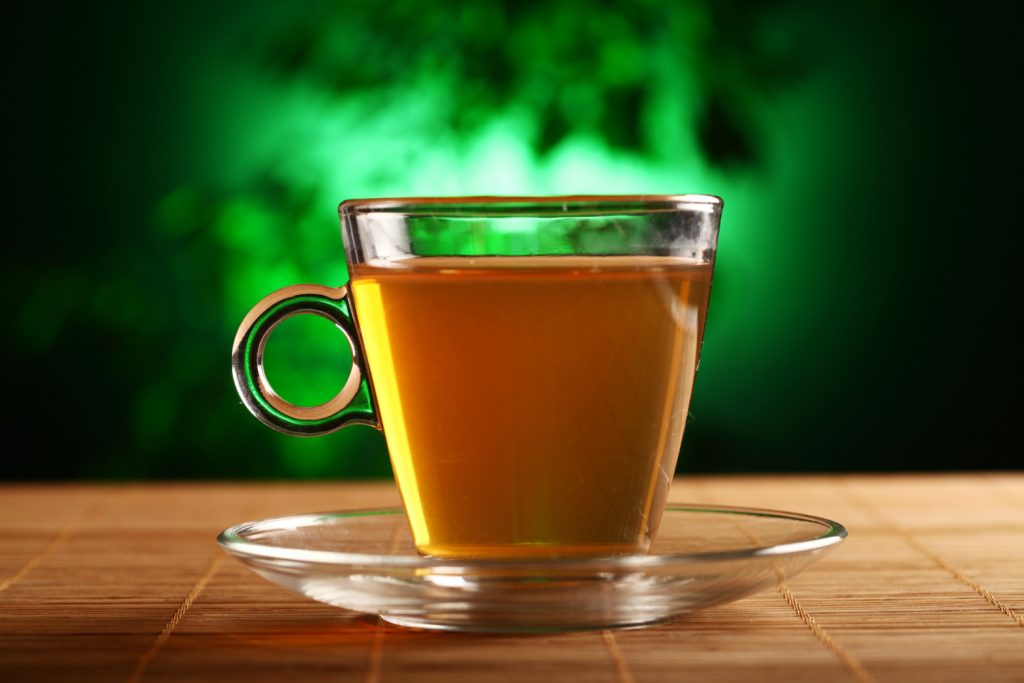
Herbal Tea
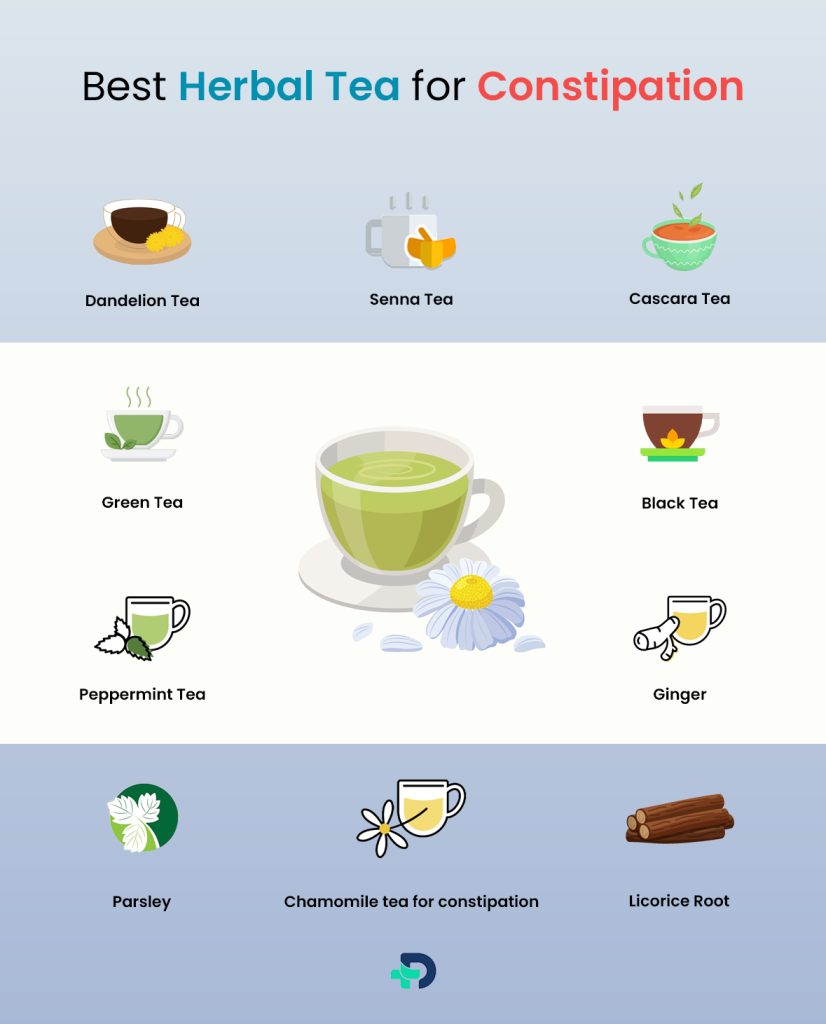
Best Herbal Tea for Constipation
Herbal teas can blend herbs or a mixture of tea leaves and spices. Individuals must always be alert about the ingredients present in herbal tea so that they can confirm what they are consuming.
Some frequently used teas to treat constipation are mentioned below–
Dandelion Tea:
- Dandelion tea acts as a diuretic and enhances the urine excretion.
- It might make people feel less gassy and improve their bowel movement.
- It also improves appetite and eases petty digestive issues.
Senna Tea:
- Senna tea is famous for its excretory effect.
- It has certain substances that activate the intestinal muscles, enhancing bowel regularity and preventing constipation.
- Senna tastes unpleasant, so people often mix it with honey to make it more edible.
Cascara Tea:
- Cascara is an herbal tea prepared from the bark of California Buckthorn with sharp excretory properties.
- The anthraquinone compounds in Cascara help in intestinal muscle contraction and assist in quickly clearing the bowels.
- Besides tea, Cascara is also available in capsular form, and people must not consume more than the advised amount.
Green Tea:
- Green tea has a helpful effect on digestion, and it assists in curing constipation and diarrhea (watery stool)
Black Tea:
- Black tea either hot or iced has a laxative impact in our body and improves bowel regularity.
- However, one should only take it for a while. People can even add molasses or honey to boost the excretory properties.
Chamomile tea for constipation:
- Individuals make Chamomile tea from the German chamomile shrub.
- Traditionally, one uses it to treat stomach aches, diarrhea, stomach gas, and irritable bowel syndrome.
- Today, people widely accepted it as a supplement to treat constipation. Chamomile tea has a soothing effect that relaxes the intestinal muscles for easy bowel movement. Chamomile works best to speed up bowel movement when taken later in the day.
- However, research is minimal to confirm chamomile tea on constipation.
Peppermint Tea:
- Peppermint is the accepted usual therapy for handling digestive problems. Moreover, several digestive drugs also contain peppermint.
- Peppermint has a relaxing effect on the intestinal muscles and prevents difficulty in clearing the bowels.
Ginger:
- People use Ginger tea when difficulty passing stools is due to improper digestion after a heavy meal.
- Most people use ginger tea to alleviate digestive irritation and enhance digestion.
- Drinking ginger tea once or twice after meals might improve bowel regularity.
Parsley:
- The seeds and leaves of the parsley plant relieve mild irregular bowel movement.
- It also helps heal digestive issues and helps prevent flatulence and unpleasant breath.
Marshmallow Root:
- The tea made from Marshmallow root has a soothing effect on the intestinal muscles, allowing easy bowel movements.
- For the best benefit, people can drink the marshmallow root tea once in the evening.
Licorice Root:
- Licorice root is a well-accepted stimulant for curing digestive issues.
- It assists in digestion and also has the properties of decreasing pain and swelling.
- People can drink licorice root tea once daily after a meal to boost digestion and stimulate bowel movement.
- However, one must always remember that individual responses to tea for constipation might vary in different individuals, so it is best to speak to a health professional before including tea in one’s diet for constipation 2 Best Herbal Teas | Researched based study from National Institutes of Health .
Reasons
Why Tea for Constipation? – Reasons
- Adequate fluid intake through tea or water is one of the finest ways to tackle constipation.
- One should keep oneself hydrated to keep the intestine lubricated and for passing soft stools.
- Some herbal teas, like Senna and Cascara, have a laxative effect, and people have been using them for a long time to treat constipation.
- The herbs allow more water to remain in the stool rather than absorbed by the colon. However, individuals should use it only for a limited time for bowel regularity 3 Reasons | Researched based study from National Institutes of Health .
Causes
Causes of Constipation
People can get constipation due to several reasons.
Some common reasons are listed below:
- Lack of water intake
- Low fiber diet
- Lifestyle
- Pregnancy (causes momentary constipation)
- Holding the bowel movements (in the case of children)
- Certain medications viz antidepressant, antacids, and painkillers
Some medical issues that can lead to constipation:
- Thyroid issue
- Irritable bowel disease
- Bipolar disorder (mood disorder)
- Nerve problem
- Hemorrhoids (piles problem or swollen veins in the rectal area) 4 Causes | Researched based study from National Institutes of Health .
Risks
Risks Associated with Using Tea for Constipation
- Only grownups must use herbal teas with laxative properties. However, kids and children who are facing constipation problems must take up exercise, high-fiber food, and enough water regularly. Yet, some laxative medicines might also prevail for pediatric use.
- Healthy adults might go for herbal teas, but be alert for unusual components that promise too much to be true.
- One must never forget that the United States Food and Drug Administration does not regulate laxative teas for constipation, so one cannot wholly ensure what components are in the tea and its product testing for its efficiency. So, pregnant women must avoid using laxative teas and stay on the safe side 5 Risks | Researched based study from National Institutes of Health .
Side Effects
Adverse Effects of Using Tea for Constipation
- Teas for constipation treatment are only for use for a limited time. Prolonged use of the teas might have unfavorable effects.
- Regular use of the laxative tea product might make an individual more dependent on the product.
- Moreover, constipation might indicate severe medical issues, so individuals with persistent constipation must consult the physician for other regular laxative drugs. However, it is best to take the laxative drugs occasionally to avert dependency.
- Herbal teas viz; Senna and Cascara might cause liver impairment on extended use.
- Some herbal teas might also interact with other drugs, so consult the medicines one uses with the physician before using laxative tea to avoid potential side effects 15 Side Effects | Researched based study from National Institutes of Health .
Tea For Bloating
Herbal Teas for Bloating
Some of the herbal teas for relieving bloating are listed below-
Lemon Balm
- Lemon balm has a mint and lemony aroma. Conventionally, people use lemon balm to ease stomach gas.
- Lemon balm is one constituent of the Iberogast supplement that aids digestion and reduces abdominal discomfort, including constipation.
- Animal research has shown that it decreases stomach pain and improves bowel movement.
- However, additional human studies are needed to validate the effect 6 Lemon Balm | Researched based study from National Institutes of Health .
Peppermint
- Peppermint relieves the digestive problem. Animal research has shown that it restrains the immune cell’s activity, which leads to stomach gas.
- Studies have also found that oil and flavonoids in peppermint relieve the stomach from gas, pain, and other digestive issues 7 Peppermint | Researched based study from National Institutes of Health .
Ginger
- Studies have shown that ginger capsules might decrease nausea and vomiting.
- Ginger and artichoke supplements promote easy food movement through the digestive tract.
- Ginger tea might also provide the same impact on stomach gas, but additional studies are needed to prove it 8 Ginger | Researched based study from National Institutes of Health .
Wormwood
- Wormwood is a green herb that makes a sour tea. It helps assist digestion and enhances the secretion of digestive juices that decrease stomach gas and improve digestion.
- Animal studies indicated that woodworms might destroy parasites that cause stomach gas.
- However, more research is needed to validate woodworm tea and its effects on stomach gas.
- Earlier studies forbid wood worms during pregnancy as high amounts might harm the growing fetus 9 Wormwood | Researched based study from National Institutes of Health .
Fennel
- People used Fennel seeds to prepare tea.
- In animal studies, fennel extract reduces the probability of bloating and blisters. However, human studies are required to prove the benefit of fennel tea on bloating . 10 Fennel | Researched based study from National Institutes of Health
Gentian Root
- Gentian tea has a mixed taste of sweet and sour. The sour compound in gentian tea enhances the secretion of digestive juices that digest the food and prevent stomach gas.
- However, gentian root tea studies in humans are much wanted 11 Gentian Root | Researched based study from National Institutes of Health .
Chamomile
- Chamomile is a white flower from the daisy family. Earlier studies suggest that chamomile inhibits bacterial infection that leads to blisters and stomach gas.
- Chamomile also reduces stomachache and sores, but human studies are limited to confirm the effect 12 Chamomile| Researched based study from National Institutes of Health .
Angelica Root
- Angelica root tea tastes sour but tastes good when prepared with lemon balm tea.
- Research studies have shown that Angelica root prevents constipation and stomach gas.
- Additional human studies are required to prove the effect of Angelica root on stomach gas 13 Angelica Root | Researched based study from National Institutes of Health.
Prevention
How to Prevent Constipation?
In individuals with medical conditions, preventing constipation might be difficult. Adopting a healthy diet, adequate fluid intake, and regular exercise might help such individuals.
Some fiber foods to prevent constipation are listed below-
- Leafy vegetables
- Sweet potato
- Peas
- Beans
- Oat bran
- Whole grains
- Apples
- Pears
- Kiwi
- Figs
- Citrus fruit
Exercises that might prevent constipation-
- Swimming
- Walking
- Running
- Aerobics 16 Prevention | Researched based study from National Institutes of Health .
FAQs
Can Tea Cure Constipation? – Frequently Asked Questions
Q1. How much tea should one consume?
- Most teas sold for relieving constipation come with directions that recommend taking a cup just before bed. However, one must follow the instructions mentioned on the product label.
- One can use herbal teas from health food stores, grocery stores, and even online.
- People whose constipation does not improve after consuming for a few days must consult the doctor for other more potent laxative drugs.
Q2. What can I drink to relieve constipation fast?
Some natural drinks to relieve constipation are listed below-
- Lemon juice
- Apple juice
- Jaggery drink
- Castor oil (two teaspoons before bedtime)
- Baking soda mixed in water (one teaspoon baking soda in 500mL water) 17 FAQs | Researched based study from National Institutes of Health.
Q3. Can tea cure constipation?
- Tea (both green and black) has a laxative effect. It contains caffeine that hastens bowel movement in most people. People often take it in the morning hours to relieve constipation.
Q4. How can I soften my stool?
Here is a list of things one can do to soften stool naturally.
- Drink plenty of water
- Consume high fiber food (viz; apple, fig, green vegetables)
- Take an Epsom salt bath (it increases the peristaltic movement of the bowels).
- Take Mineral oil (laxative)
- Go for a regular walk 18 FAQs | Researched based study from National Institutes of Health.
Q5. Is ginger tea good for constipation?
- Ginger promotes digestion and relieves constipation. Ginger shows more benefits when combined with green tea.
- However, one should not consume it excessively, as overconsumption can lead to diarrhea and heartburn 14 Ginger Tea | Researched based study from National Institutes of Health .
Q6. What foods cause hard stools?
Some foods can make the constipation symptoms worse by causing hard stool and are listed below-
- Red meat
- Gluten-containing foods
- High-fat foods
- Alcohol
- Dairy products
- Processed grains
- Persimmon
- Fried foods
- Chocolate 19 FAQs | Researched based study from National Institutes of Health .
Takeaway
Can Tea Cure Constipation? – Yes, But Not Always !
- Constipation is a distressing problem that is common in most people. If an individual faces constipation because of insufficient fluid intake or a non-fibrous diet, consuming a cup of laxative tea for a few days might help revive the regular bowel movement.
- But if the constipation is due to other medical issues, one must speak to the doctor for more effective treatment.
- Apart from the laxative teas and other treatments, regular exercise and a high-fiber diet are a must to prevent constipation effectively.
Any feedback on this article?
 This Articles content was accurate
This Articles content was accurate Very Informative Article
Very Informative Article I have a question or a comment
I have a question or a comment
 This article contains inaccurate content
This article contains inaccurate content This article was not helpful
This article was not helpful I have a question or a comment
I have a question or a comment
We appreciate your helpful feedback!
Checkout our social pages
References
-
National Institutes of Health
Overview
-
National Institutes of Health
Best herbal teas
-
National Institutes of Health
Reasons
-
National Institutes of Health
Causes
-
National Institutes of Health
Risks
-
National Institutes of Health
Teas for Bloating | Lemon balm
-
National Institutes of Health
Tea for Bloating | Peppermint
-
National Institutes of Health
Teas for Bloating | Ginger
-
National Institutes of Health
Teas for Bloating | Wood worm
-
National Institutes of Health
Teas for Bloating | Fennel
-
National Institutes of Health
Teas for Bloating | Gentian tea
-
National Institutes of Health
Teas for Bloating | Chamomile
-
National Institutes of Health
Teas for Bloating | Angelica root
-
National Institutes of Health
FAQs | Ginger tea
-
National Institutes of Health
Side Effects
-
National Institutes of Health
Prevention
-
National Institutes of Health
FAQs
-
National Institutes of Health
FAQs
-
National Institutes of Health
FAQs












